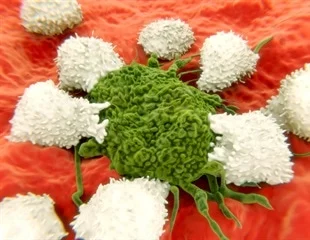
The University of the West of Scotland received research funds that could advance the treatment of cancer (UWS).
After securing funding from Cancer Research UK RadNet, the organization’s radiation research network, the UWS Department of Computing Engineering and Physical Sciences is conducting ground-breaking research into cutting-edge radiation treatment techniques.
With the help of UWS’s research, clinicians may be able to precisely gauge tumor hypoxia, a condition in which the dissolved oxygen concentration is lower than that of corresponding healthy tissue. Although knowing the level of hypoxia within a patient’s tumor would be important to clinicians and oncologists, most tumors are highly hypoxic, and there is presently no non-invasive way to measure this.”
We are tremendously delighted to get the funding award from Cancer Research UK, which will allow us to move forward and gain insight into more sophisticated radiation treatment procedures,” said UWS Lead Researcher Dr. David O’Donnell.
I’m looking forward to collaborating with a multidisciplinary team of researchers from the Christie Hospital in Manchester, the University of Glasgow, and the Beatson West of Scotland Cancer Centre.
According to the hypoxia assessment, which precisely identifies how a tumor is responding to radiation therapy, the UWS-led research would enable clinicians to swiftly change a patient’s treatment plan and evaluate the progress of cancer tumor treatment in real time.
By examining the radiation released as a result of nuclear processes, this creative study seeks to prove that within a patient’s body, when undergoing proton beam therapy, the level of dissolved oxygen can be measured with high precision.






